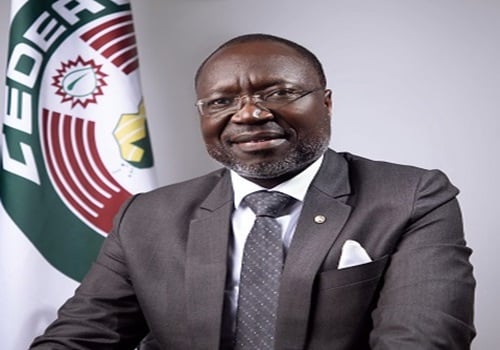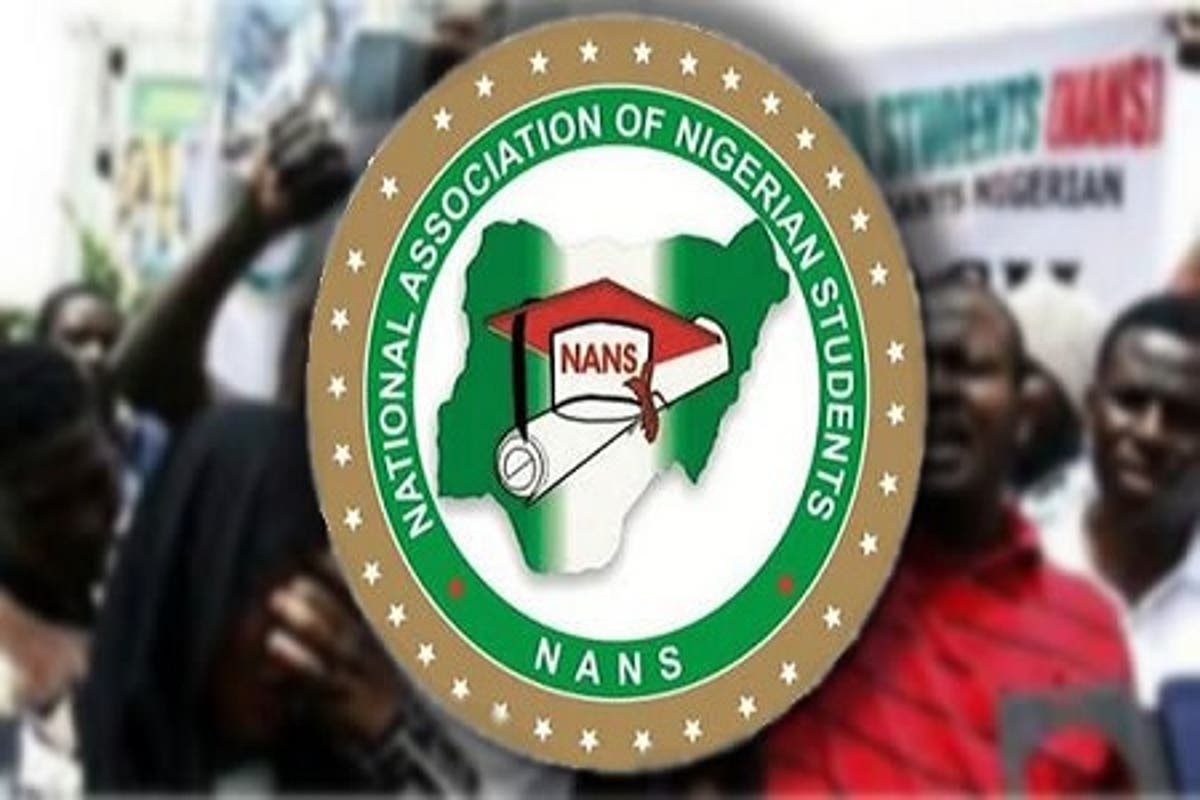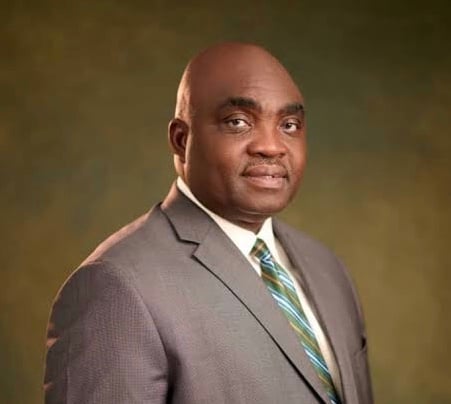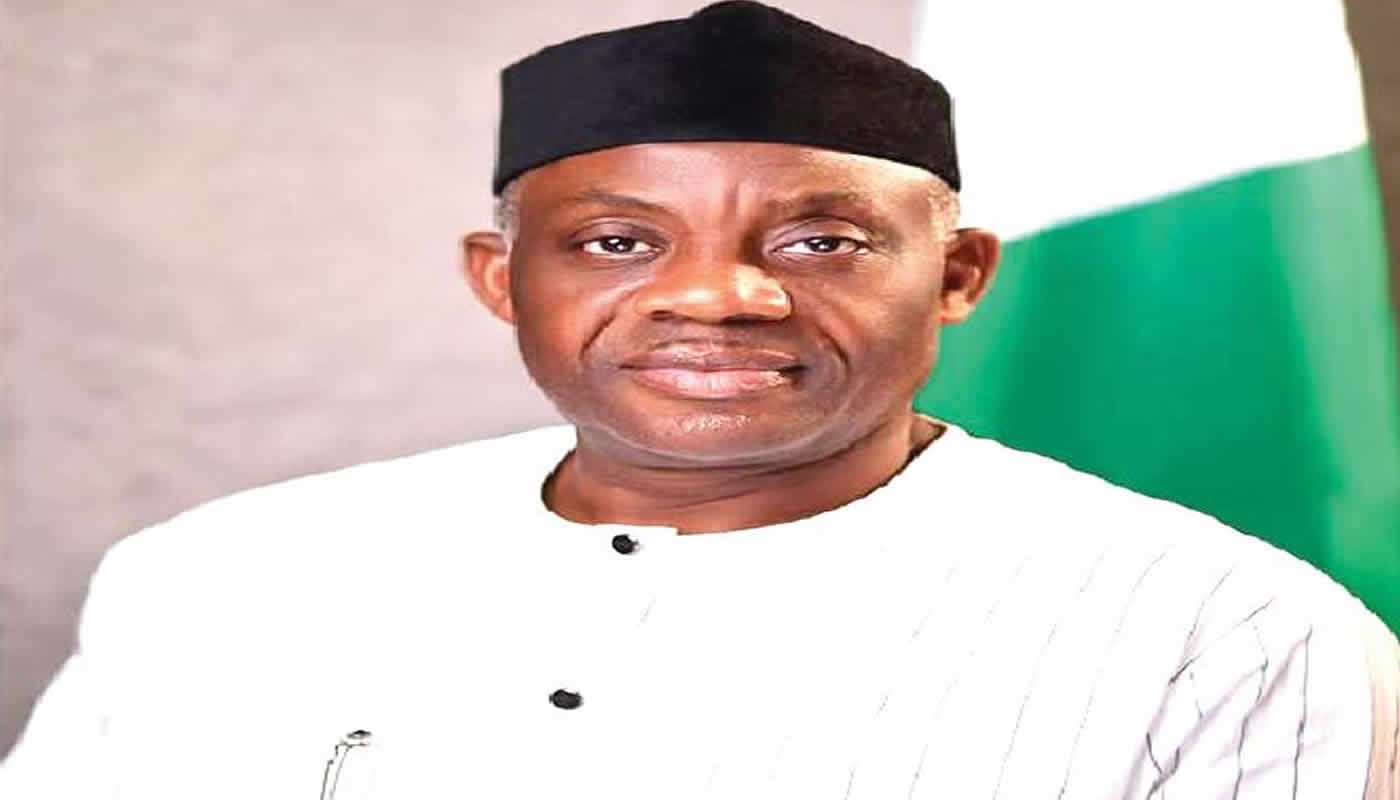At the second edition of the African Sub-sovereign Governments Network (AfSNET) conference, held in Abuja on September 30, 2022, leaders of African sub-nationals were called upon to take ownership of the African Continental Free Trade Area (AfCFTA) and accelerate their involvement in facilitating the implementation of the programme.
The conference, organized by African Export-Import Bank (Afreximbank) in collaboration with the Nigeria Governors’ Forum (NGF), which had in attendance Nigeria’s 36 state governors as well as leaders and senior representatives of states, provinces, regions and governorates from across the African continent, was convoked to arouse the interest of African sub-national governments in AfCFTA so that its impact could percolate to every nook and cranny of the continent.
Speaking at the conference, former President Muhammadu Buhari, who chaired the event, opined that the involvement of sub-nationals in AfCFTA would be “a significant step for Africa to begin carving its own niche in the global value chain, from the constituent units up.”
He added that this would facilitate the realization of the “African Continental Free Trade Area, which remains one of the most strategic pan-African agenda to deliver inclusive and sustainable development.
“I am firmly convinced that with the right collaborative action, we will be able to record a much stronger pace of transformation. Through shared knowledge, innovation and creativity, we will be better able to cater for the needs of the African continent’s population of over 1.4 billion people.”
In the same vein, Professor Benedict Oramah, immediate past President of Afreximbank, underscored the role of sub-national governments in turning the AfCFTA vision into reality.
He said African sub-sovereign governments are “expected to fill an important void because … whereas trade and commercial policies are national, their implementation is usually sectoral and local. Involvement of regional and local governments will make it possible for the full benefits of the AfCFTA to be realized.”
At the end of the conference, participants agreed that sub-nationals had a pivotal role in drawing down the benefits of AfCFTA and resolved to quicken the process of domesticating the AfCFTA strategy for the benefits of their people.
However, three years down the line, only one sub-national, out of the 591 in Africa, that is Oyo State, led by Governor Seyi Makinde, and has successfully launched its African Continental Free Trade Area (AfCFTA) implementation strategy. Perhaps, Governor Makinde saw what other heads of sub-national governments did not see.
Governor Makinde has always harped on the fact that no economy can achieve optimal growth if the focus is merely to satisfy the local market. He believes that for a state to experience sustainable growth, it must adopt the export-oriented industrialization strategy, which has the advantage of domestic job creation, increased productivity, innovation and the expansion of technology.
While declaring open the 2024 edition of Oyo State International Trade Fair known as “EXPOYO 2024,” the governor had said, “For us in Oyo State, we are not giving up … It is about time we changed our orientation. People will talk about what we produce in Nigeria and showcase the economic potential of Oyo State. We are not interested only in things that we will consume locally in Oyo State. Import substitution means you are looking at only your own market. Export orientation means we want to produce here and sell to the world and earn the necessary foreign exchange.
“For us here, it is a challenge for the industrialists in our midst. We must develop our export market and attract foreigners.”
So, the AfCFTA, which was established in 2018 by the African Continental Free Trade Agreement to create a single market for goods and services across Africa, leading to a single customs union that allows for the free movement of goods, services, and business travelers, perfectly fits the picture of a route through which the enterprising people of Oyo State could reach the whole of Africa. Governor Makinde knew that Africa’s 1.4billion population and a combined GDP of $3.4trillion, represented a huge opportunity for the people of the state to tap from should the AfCFTA implementation strategy be domesticated by the government.
Consequently, shortly after his inauguration for a second tenure, Governor Makinde decided to begin the process of domesticating the AfCFTA implementation strategy in the state. In 2024, he appointed MS Neo Theodore Tlhaselo, an International Trade, Business Development and Communications expert and Founder/CEO of Conversation with Africa, an organization promoting Intra-Africa Trade, Africa’s Integration Agenda, the AfCFTA and Agenda 2063, as his Special Adviser on International Trade and AfCFTA.
The Click News Nigeria/Odunayo ishola




